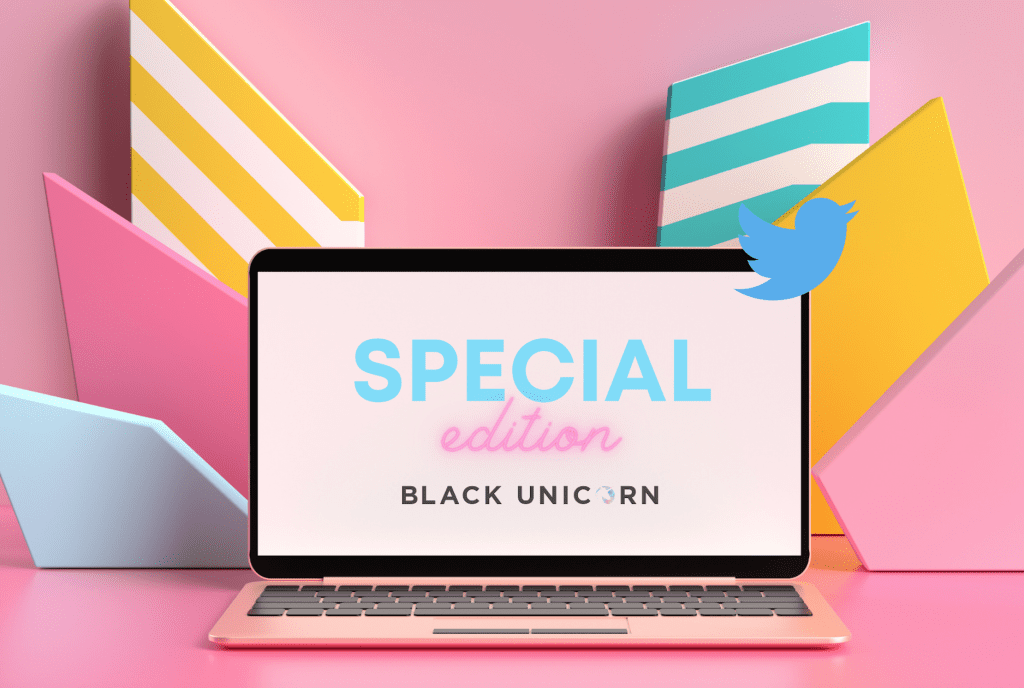With the new year, and knowing there would be a new US President, it seemed the world was coming back to normal. Just when we thought things couldn’t get weirder than 2020, a mob attacked the Capitol, a group of Redditors almost pumped the stock price of a Blockbuster-style video games retailer to the moon, and a new social media app that is not owned by Mark Zuckerberg exploded (and swiftly got copied by Twitter and Facebook). So far, 2021 is shaping to be an even weirder year than 2020. And so in true 2021 fashion we are kicking off a somewhat unusual pet peeves post.
It’s impossible to avoid talking about this. We see pet peeves not as an aggression, but as a way of obtaining feedback that would otherwise be impossible, given the lack of time journalists have to respond to PR emails individually. But every now and then, pet peeves can cross a line. A lot of PR people keep quiet, fearing becoming a target or part of the much-feared black lists. Luckily it’s journalists themselves that sometimes come out to voice their support for us voiceless PR folks.
On January 18th Paul Lewis sent out this tweet.
It didn’t take too long for an army of journalists on Twitter to come to the rescue.
Perhaps the most important takeout from this ‘pet peeve’ is that they are just that, pet peeves. They don’t necessarily apply 100%, and not all of them might actually be relevant. Michael Smart, a thought leader in the PR world who runs his own pet peeves (more focused on US journalists) regularly disagrees with those pet peeves. As he often highlights, calling a journalist may sometimes result in them thanking you, not hating you.
No matter what feedback you receive from journalists ‘in the form of a pet peeve’, you should analyse it critically, and not just take it for granted like a Pavlov dog.
On that note, let’s move on to some pet treats, I mean, pet peeves.
Not so much one for PRs. Sometimes it’s other outlets or journalists. Here, Sky seems to have broken an embargo, much to the annoyance of CNBC and other outlets.
Be ready to do some unexpected things to help journalists. Including getting through to your boss and getting some input within the same day.
Backlinks, linking and other SEO stuff is a taboo. A journalist is looking to write quality articles for their audiences, not advertising.
Stop. The. Float?
Yes, it helps to build relationships with journalists. No, bribes are not relationship-building
What Matt is telling us here is that if you see all journalists busy with a crazy, once in a lifetime event (like WallStreetBets / GameStop) then it might be a good idea to wait until the hype dies down.
Bonus from LinkedIn: don’t social engineer your emails (in obvious ways?).



